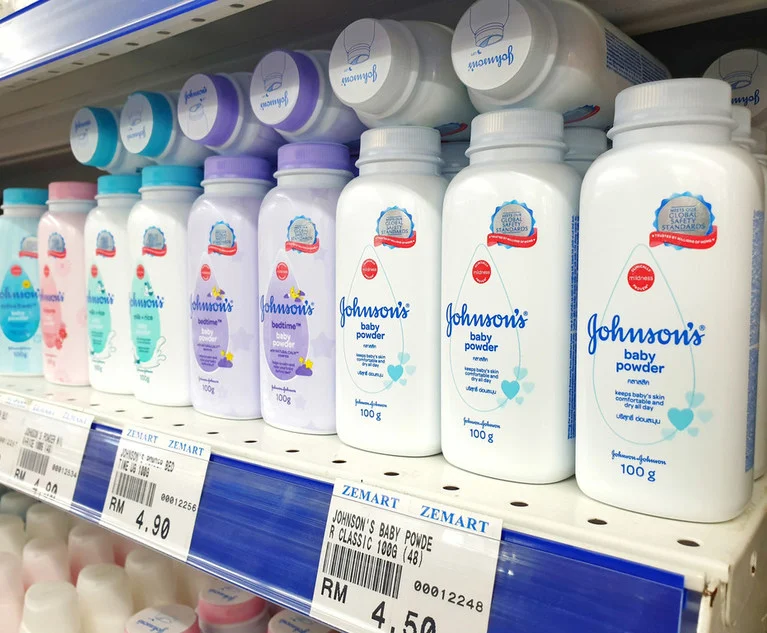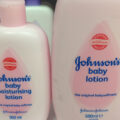Amid a nationwide freeze on Johnson & Johnson’s talc litigation, the company faced a significant setback as one case that had been allowed to proceed resulted in a trial verdict in favor of the plaintiff, Anthony Hernandez Valadez. Mr. Valadez filed the case last year after being diagnosed with a rare form of mesothelioma, which he attributed to his prolonged use of Johnson & Johnson’s baby powder during his childhood.
In this particular trial, a California jury ruled that Mr. Valadez deserved compensation for his medical bills and suffering, but they decided against awarding punitive damages against Johnson & Johnson, as reported by several news outlets. The jury ultimately granted $18.8 million in damages to the plaintiff.
Johnson & Johnson was quick to respond to the verdict, pledging to appeal the decision on the basis of what they called “erroneous rulings” made by the trial judge. According to Erik Haas, J&J’s worldwide vice president of litigation, these rulings prevented the company from presenting key evidence that, in their view, would demonstrate that the plaintiff’s “exceedingly rare” form of mesothelioma was not caused by their products. Haas argued that the verdict could not be reconciled with the decades of independent scientific evaluations confirming the safety of Johnson’s Baby Powder, asserting that it does not contain asbestos and does not cause cancer.
Despite the verdict in favor of Mr. Valadez, Johnson & Johnson emphasized that the outcome would have no impact on the ongoing bankruptcy proceedings related to the talc litigation. This was an important point to address, as the company had been dealing with numerous other talc-related trials and claims.
With this latest trial loss, Johnson & Johnson’s talc litigation woes have increased, reaching a total of 10 losses out of 42 trials conducted thus far. While some of these cases are under appeal or have been resolved, the company managed to secure victories in 32 other trials, while a few ended in mistrials or verdicts that were later reversed in appeals.
Furthermore, in an unexpected move, Johnson & Johnson recently targeted doctors who have spoken out about a potential link between the company’s talc-based products and cancer. These doctors had been called to testify in talc-related cases, and their research had been used as evidence in personal injury claims against J&J. The company filed a complaint alleging that these doctors had built lucrative careers by consistently testifying for plaintiffs in asbestos trials, implying a potential conflict of interest.
As the talc litigation continues to evolve, both Johnson & Johnson and those affected by its products remain engaged in a fierce legal battle. The company’s pledge to appeal the recent verdict and its ongoing efforts to challenge medical experts who have testified against them indicates that this controversy is far from over. Ultimately, the outcome of these legal proceedings will play a significant role in determining the future of Johnson & Johnson’s talc-based products and their impact on public health.






